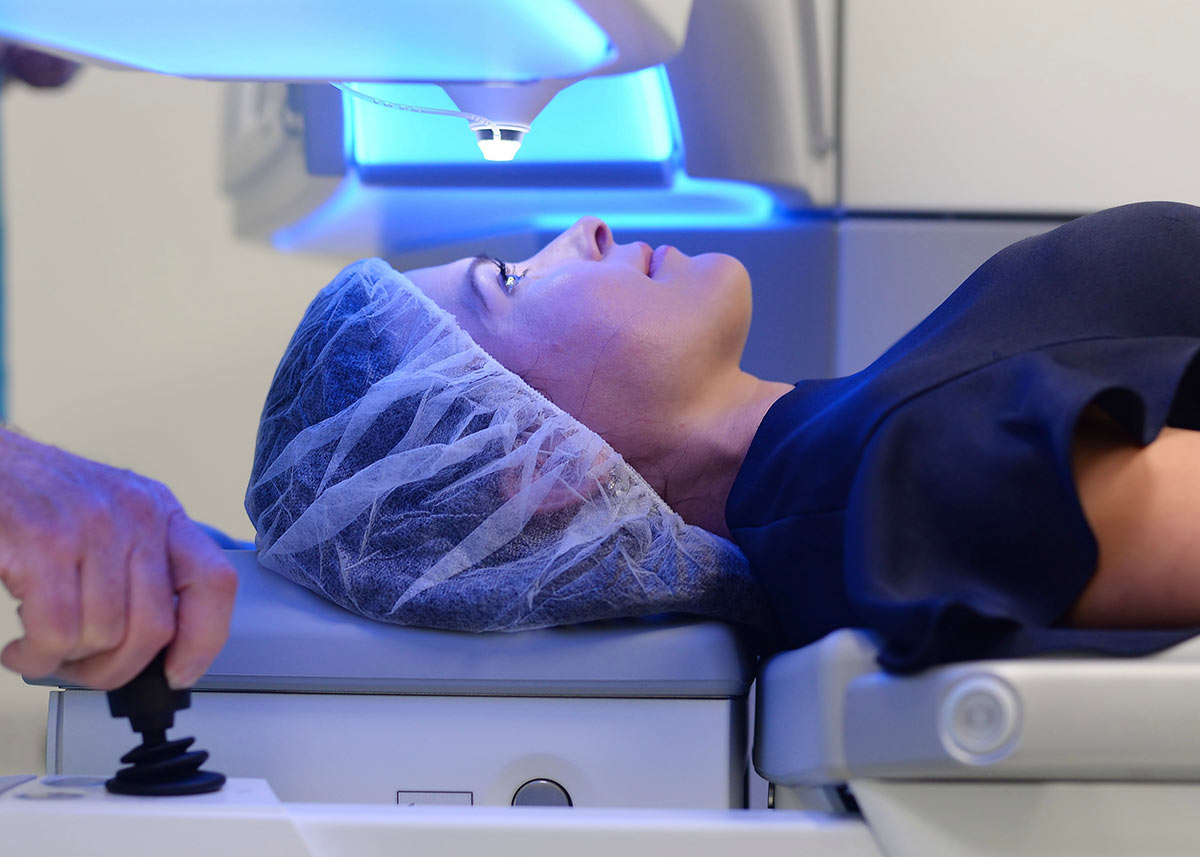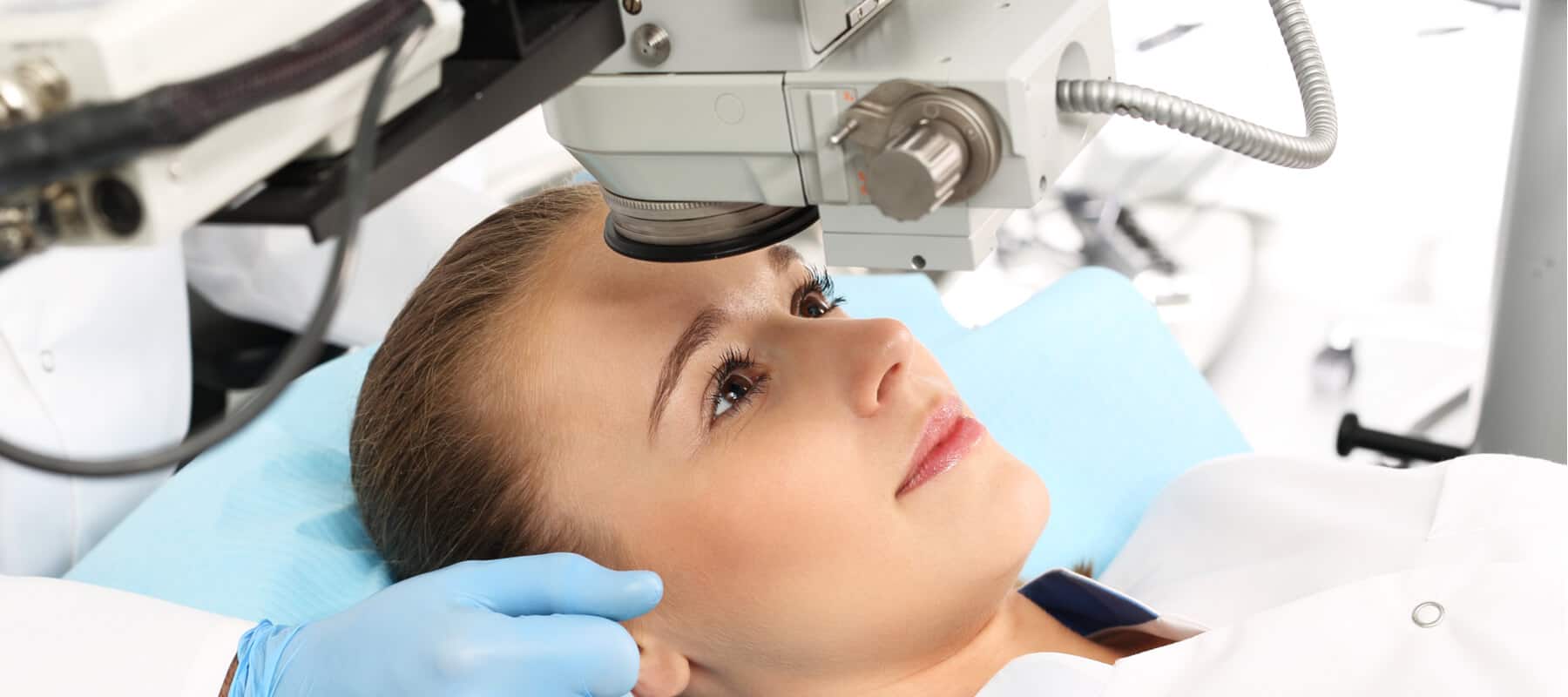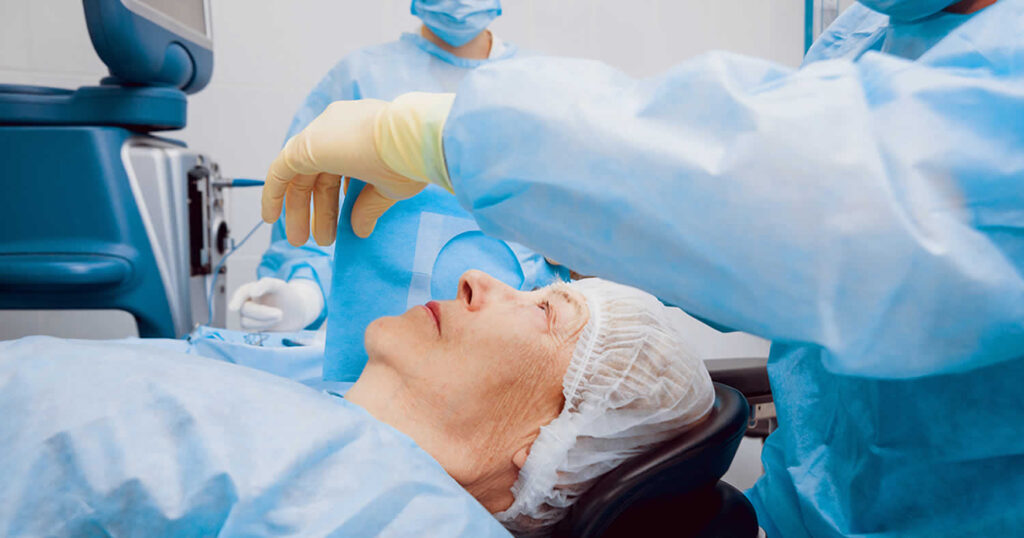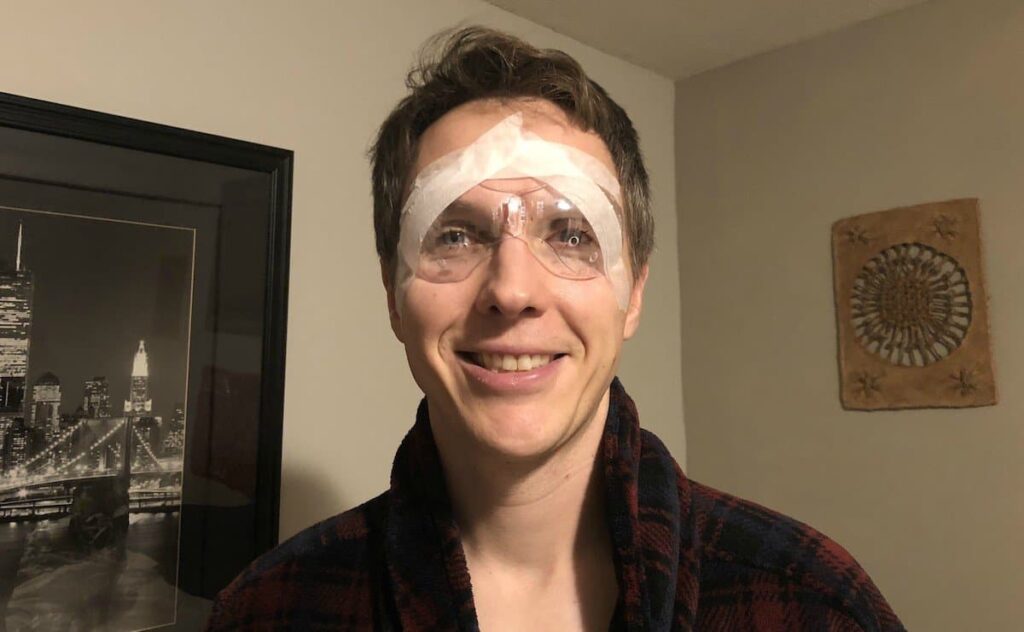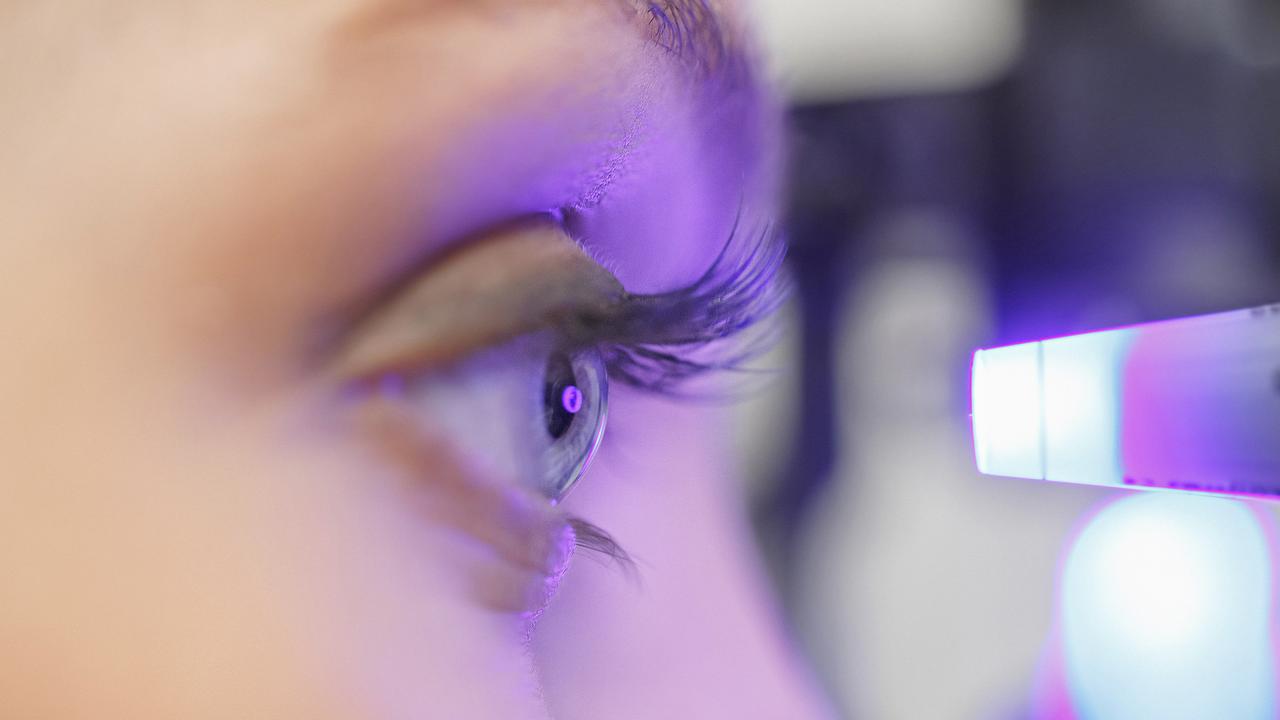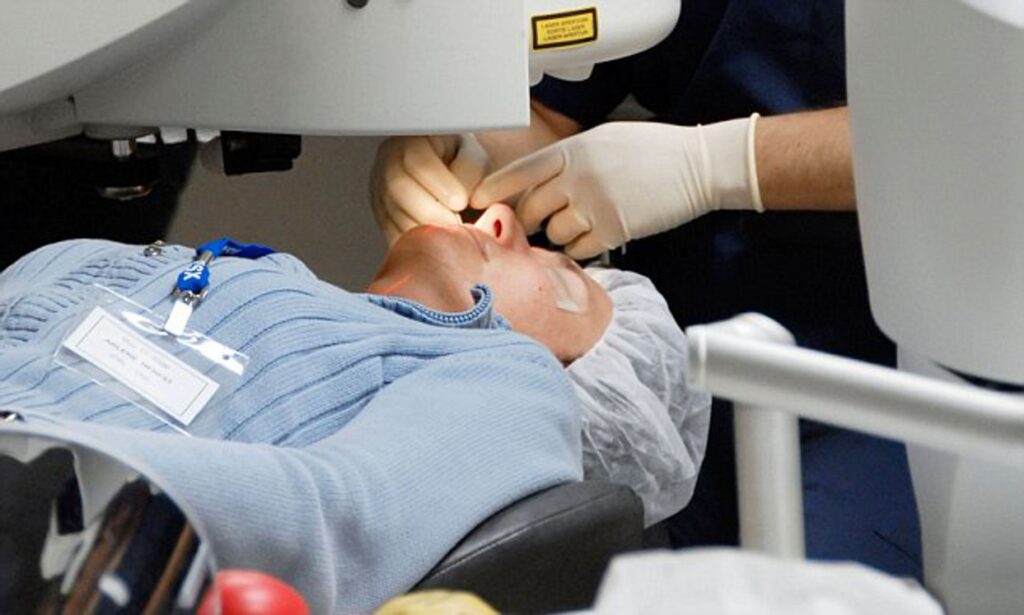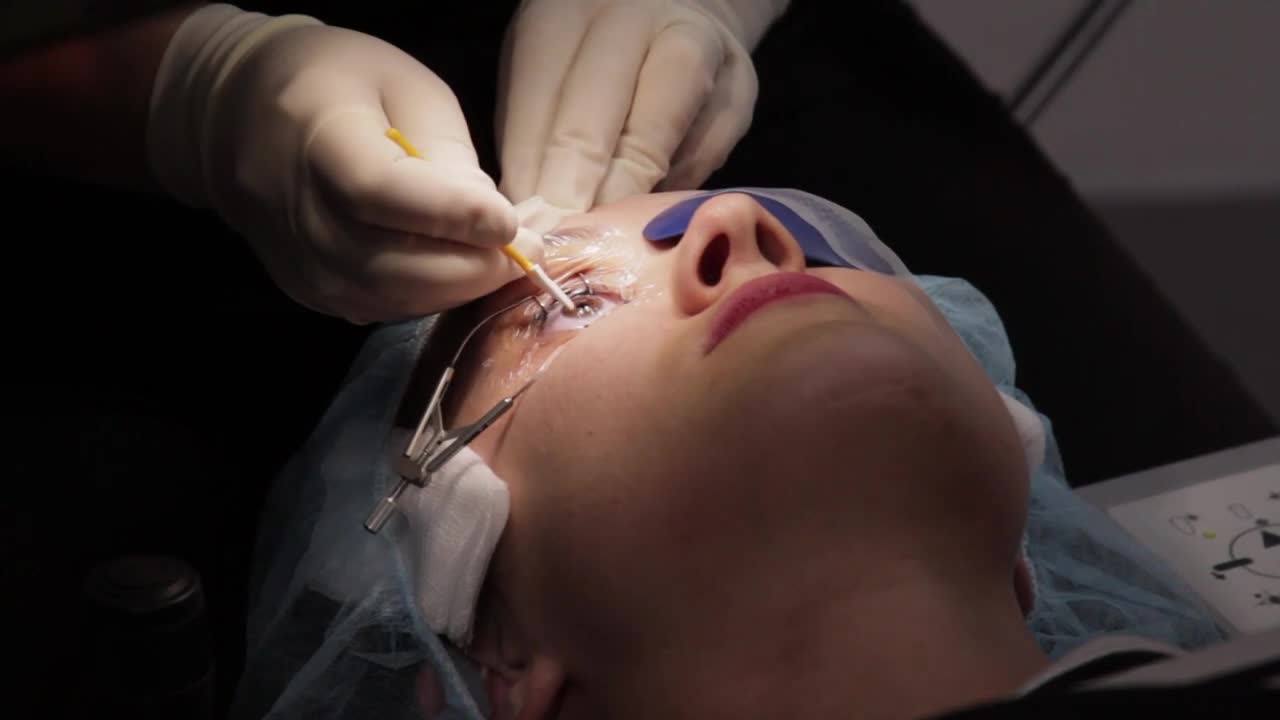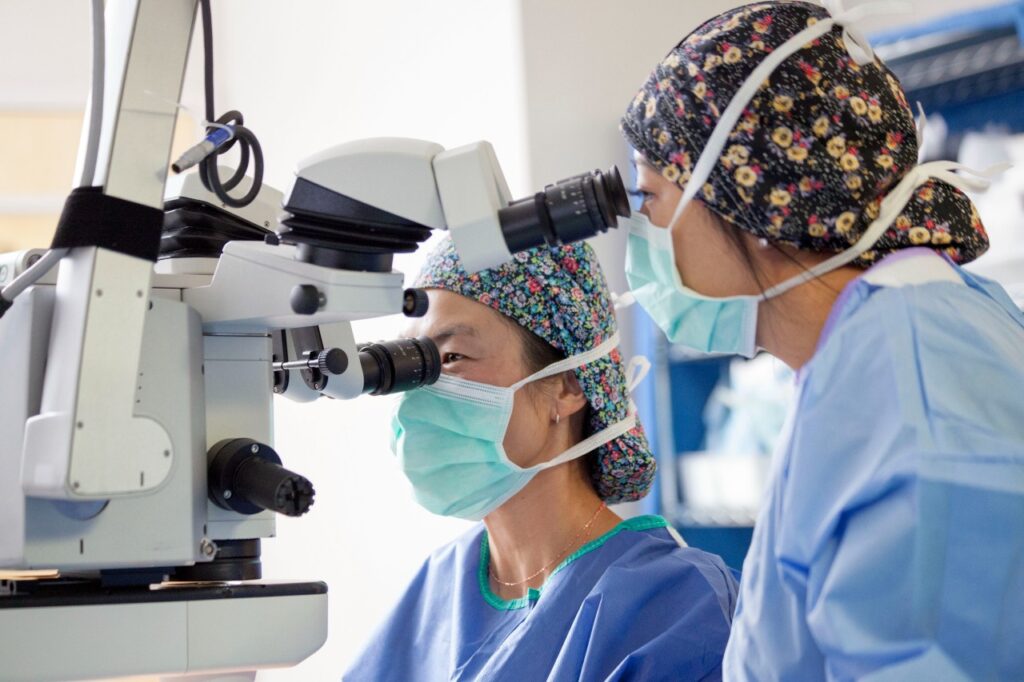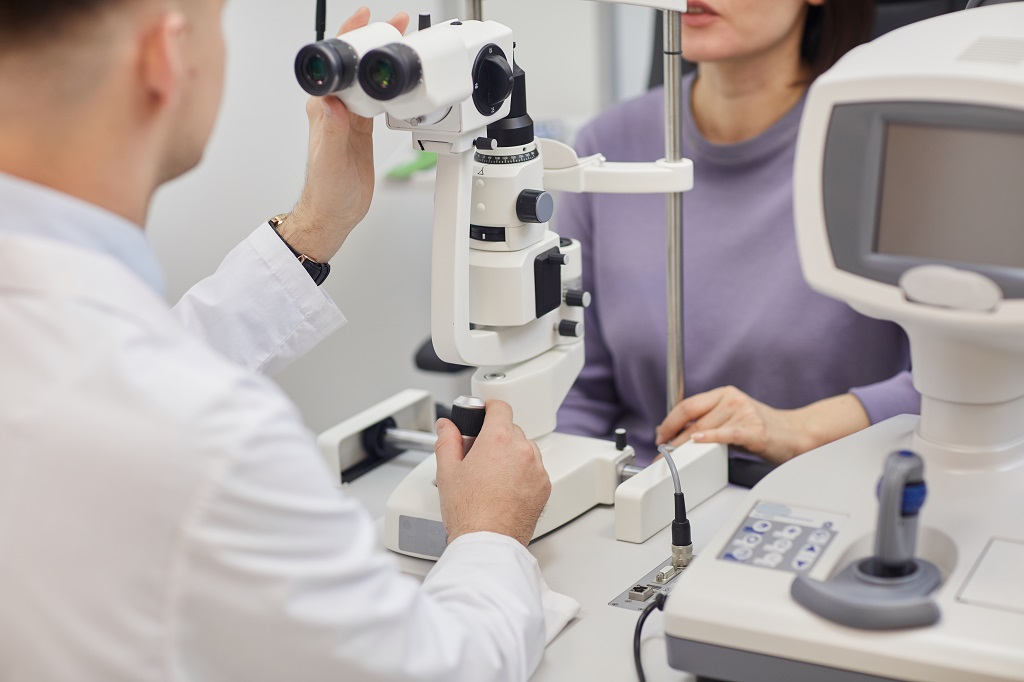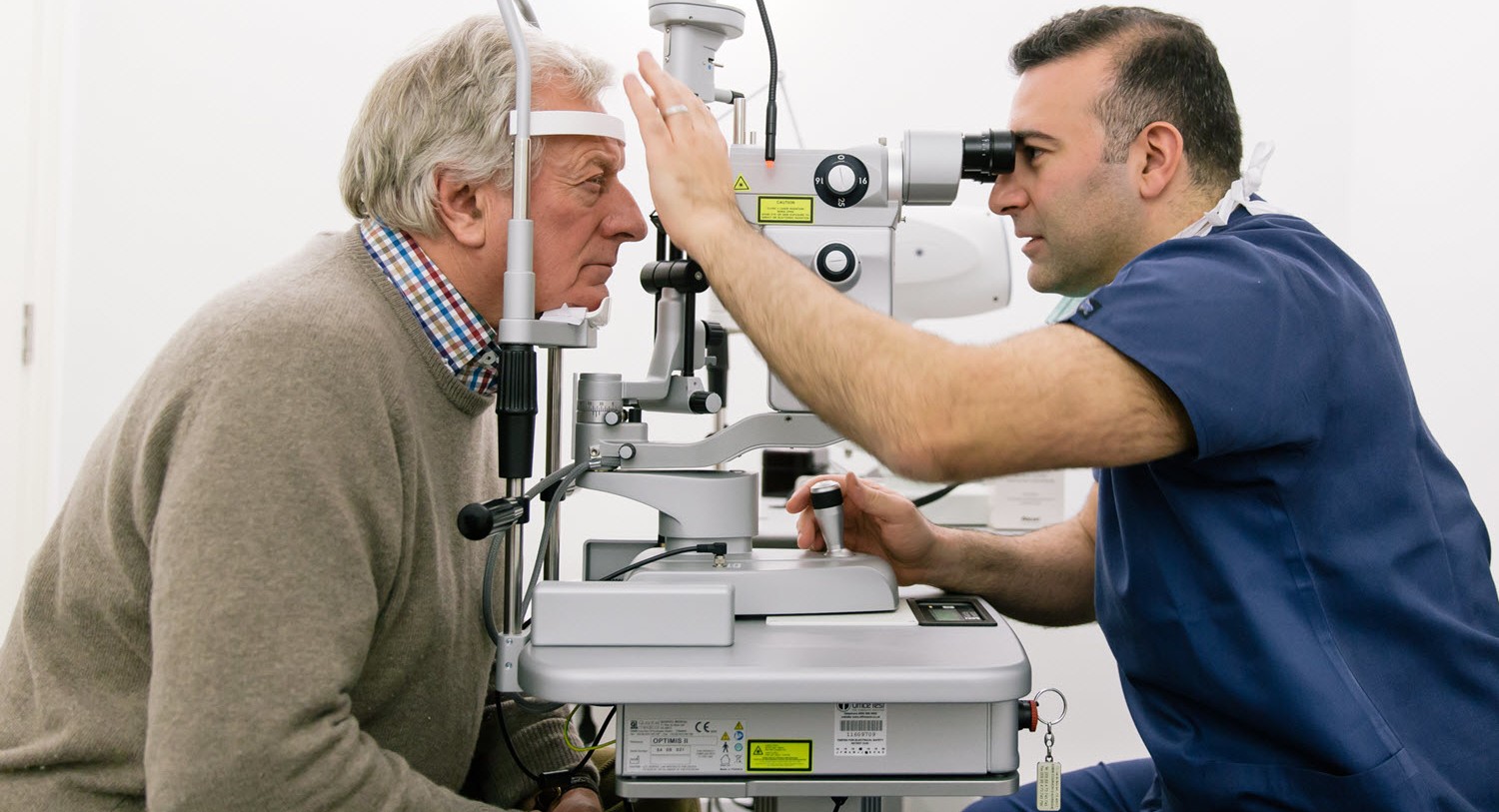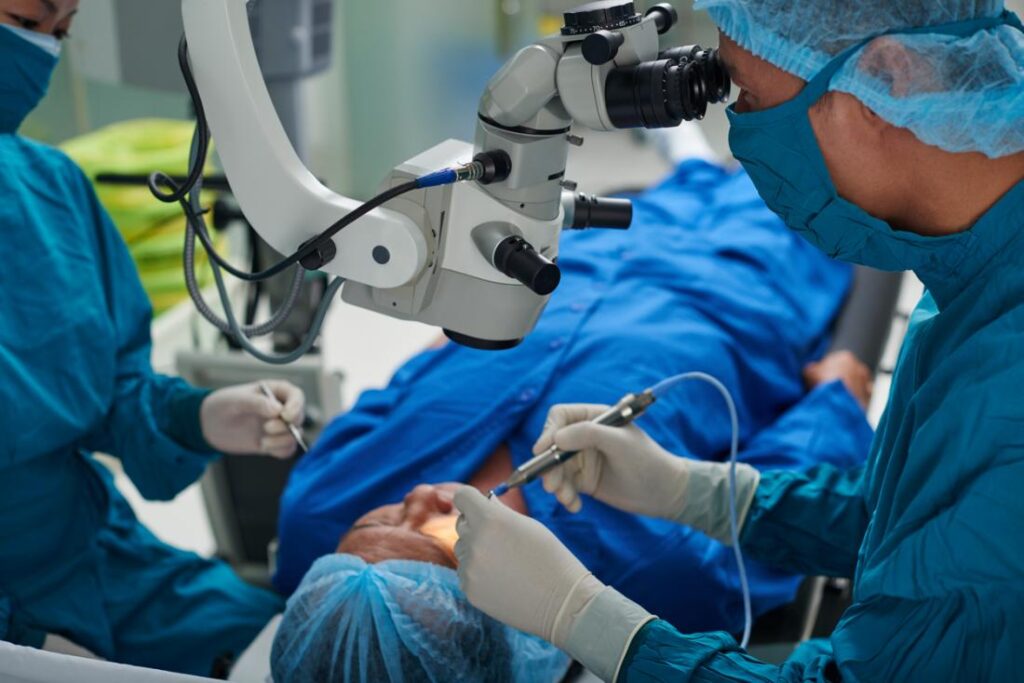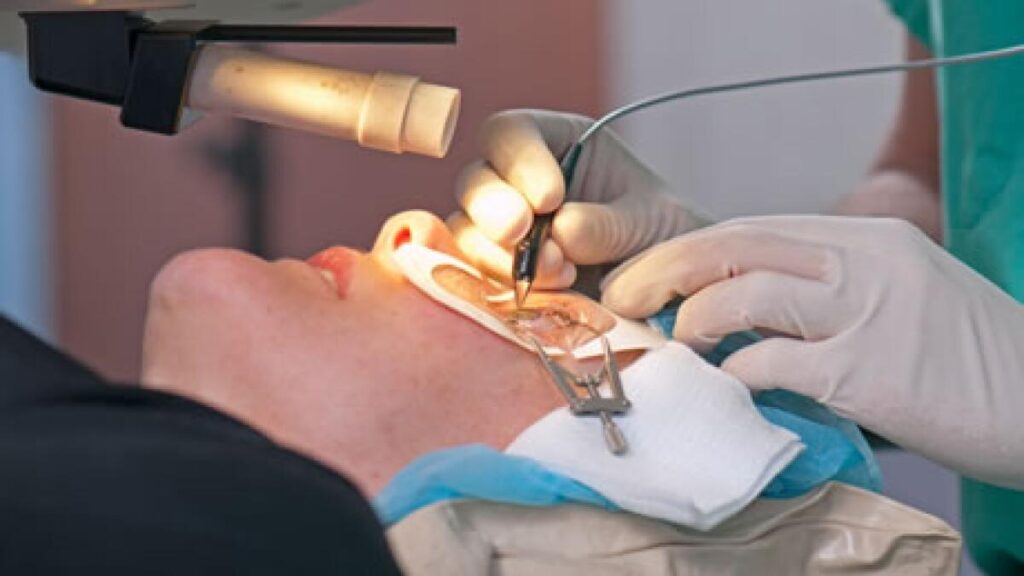The pursuit of clear vision has led many individuals to consider LASIK eye surgery. In Australia, this elective procedure has gained significant popularity due to its effectiveness in correcting common vision problems. However, understanding the cost associated with LASIK surgery is crucial for prospective patients. This article delves into various components, factors influencing costs, financing options, and the overall value of LASIK surgery.
Understanding LASIK Eye Surgery
LASIK, or Laser-Assisted In Situ Keratomileusis, is a refractive eye surgery designed to correct vision issues such as myopia, hyperopia, and astigmatism. Through precise laser technology, LASIK reshapes the cornea, allowing light to properly focus on the retina for clearer vision. This innovative procedure has gained popularity due to its effectiveness and the rapid recovery times associated with it, making it a preferred choice for many seeking freedom from glasses or contact lenses.
In conclusion, the decision to undergo LASIK eye surgery in Australia involves numerous considerations, particularly concerning costs and financing options. By understanding the factors that influence pricing and the overall value of the procedure, individuals can make informed choices about their vision health. The journey to clearer vision can be both beneficial and rewarding, making LASIK a viable option for many.

What is LASIK Eye Surgery?
Initiated in the early 1990s, LASIK surgery has transformed the way many people experience vision correction. The procedure involves creating a thin flap in the cornea to access the underlying tissue, which is then reshaped with a laser. Patients often experience immediate improvements in their vision after the surgery, with minimal downtime. Moreover, advancements in technology have led to the development of various LASIK techniques, such as wavefront-guided LASIK, which provides a more customized treatment by mapping the unique imperfections of a patient’s eye. This personalized approach enhances the quality of vision post-surgery, allowing for sharper and clearer sight.
The Procedure of LASIK Surgery
The LASIK procedure typically takes less than 30 minutes for both eyes. It begins with a comprehensive eye examination to determine suitability for the surgery. During the surgery, the surgeon uses numbing drops to ensure comfort, and the laser is employed to reshape the cornea according to the specific vision requirements of the patient. After the surgery, patients generally rest briefly and are often able to go home the same day. Post-operative care is crucial, and patients are usually provided with detailed instructions on how to care for their eyes, including the use of prescribed eye drops to aid healing and prevent infection. Follow-up appointments are essential to monitor recovery and ensure that the desired visual outcomes are achieved, with many patients reporting significant improvements in their quality of life as a result of the procedure.
Learn about laser eye surgery on: How to Choose the Best Laser Eye Surgery Clinic in Sydney
Factors Influencing the Cost of LASIK Surgery
The cost of LASIK surgery in Australia can vary significantly based on several key factors. Understanding these variables can help patients make informed decisions regarding their vision correction options.
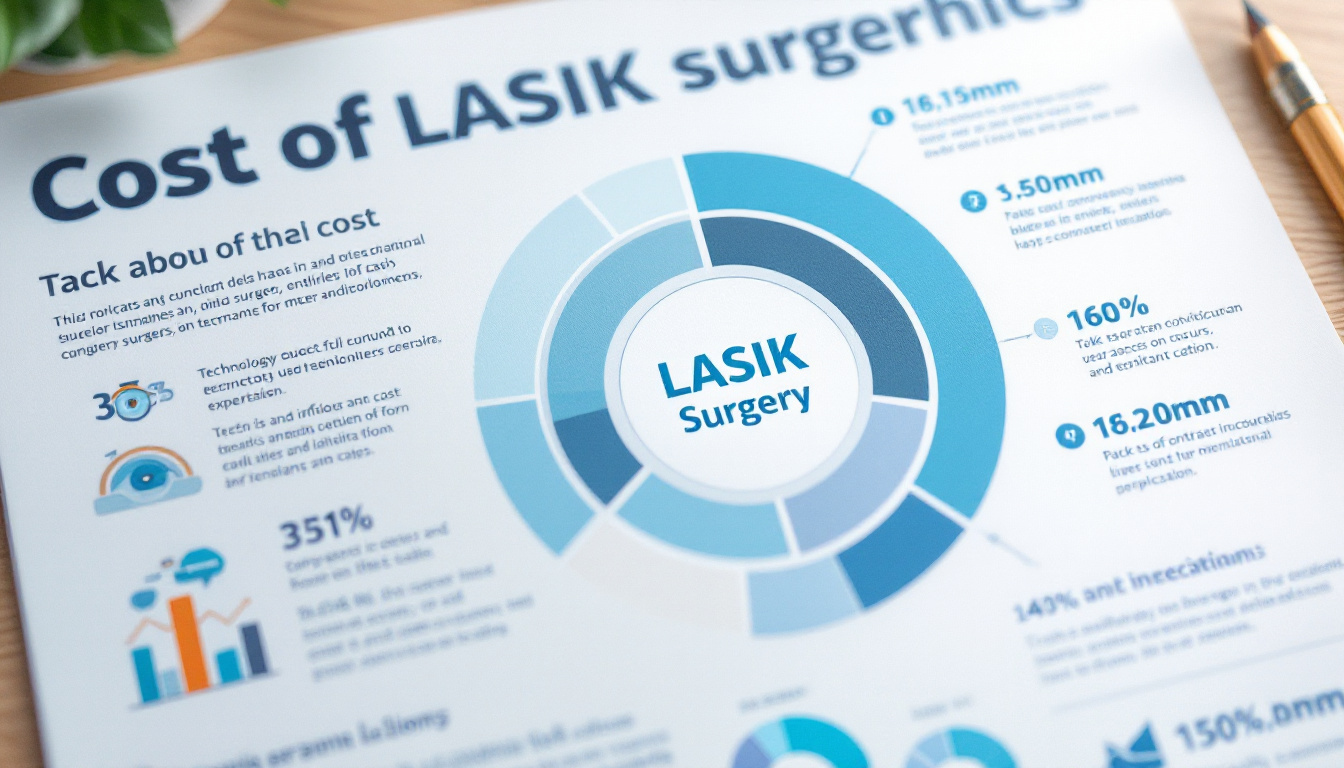
Technology Used in LASIK Surgery
The technology employed during the LASIK procedure can have a significant impact on the overall cost. Different types of lasers are available, each offering varying levels of precision and customization. Advanced technologies, such as wavefront-guided LASIK, may command higher fees due to their complex nature and enhanced outcomes. Moreover, newer innovations like femtosecond lasers provide a bladeless approach, which can further improve safety and recovery times, but may also contribute to increased costs. Patients should weigh the benefits of these advanced technologies against their budget to determine the best option for their needs. Find more about precision on https://precisiontraining.edu.au/
Surgeon’s Experience and Reputation
The qualifications and experience of the surgeon also play an essential role in determining the cost of LASIK surgery. Renowned surgeons who have performed a high number of successful procedures may charge more due to their established reputation. Additionally, patients should consider the level of care and expertise they can expect from experienced practitioners, as this can influence outcomes and overall satisfaction. It’s advisable for patients to seek out reviews and testimonials from previous clients, as well as inquire about the surgeon’s specific training in LASIK techniques. A well-regarded surgeon may not only provide a higher likelihood of successful results but also offer a more personalized approach to patient care, which can be invaluable during the decision-making process.
Geographical Location
The geographical location of the surgical center can also affect the pricing of LASIK surgeries in Australia. Urban areas with a higher cost of living may exhibit higher prices compared to services offered in regional or rural locations. Therefore, patients should research multiple facilities to compare costs and services offered in their vicinity. Additionally, some clinics may offer promotional packages or financing options that can make LASIK more accessible, regardless of location. It’s important for patients to consider not just the cost, but also the convenience of travel and follow-up care when selecting a surgical center, as these factors can significantly impact the overall experience and satisfaction with the procedure.
Average Cost of LASIK Surgery in Australia
While the price can vary, it is essential for prospective patients to understand the average costs involved in LASIK surgery across Australia. This knowledge can help them budget and determine the feasibility of undergoing the procedure. Understanding the financial aspects of LASIK can also alleviate some of the anxiety associated with such a significant decision, allowing patients to make informed choices about their eye health. To read more about anxiety click here.
Initial Consultation Fees
Before patients can undergo LASIK surgery, an initial consultation is necessary. During this visit, eye health will be evaluated, and a tailored surgical plan can be devised. The average consultation fee in Australia can range from AUD $100 to $300, which is often credited towards the surgery cost if the patient decides to proceed. This initial assessment is crucial, as it not only helps determine the suitability of the patient for LASIK but also provides an opportunity for patients to ask questions and discuss any concerns they may have regarding the procedure and recovery.
Surgery Cost per Eye
The actual cost of LASIK surgery varies, but on average, patients can expect to pay between AUD $2,000 to $3,500 per eye. This price typically includes the surgery itself, pre-operative assessments, and follow-up visits. Although this may seem significant upfront, many find the long-term savings on glasses and contact lenses to be a worthwhile investment. Additionally, some clinics offer financing options or payment plans, making it easier for patients to manage the costs without compromising their vision correction needs.
Post-Surgery Care and Medication Costs
After the surgery, patients may incur additional costs associated with post-operative care. This can include follow-up appointments, medicated eye drops, and maintenance supplies. These additional expenses may range from AUD $200 to $500, depending on individual recovery needs and recommendations from the surgeon. It is also important to note that the recovery process can vary greatly from person to person, and some patients may require more extensive care than others, which can influence overall costs. Understanding these potential expenses can help patients prepare for the financial commitment involved in their LASIK journey.
Insurance and Financing Options
Many patients wonder if their health insurance will cover any part of LASIK surgery. Unfortunately, most health insurance plans in Australia do not cover elective procedures like LASIK, which means patients are often responsible for the full cost. However, some clinics may offer payment plans or financing options to help spread the cost over time. It’s advisable for patients to inquire about these options during their initial consultation, as this can significantly ease the financial burden and make the procedure more accessible.
Long-Term Financial Considerations
When evaluating the costs of LASIK surgery, it’s also beneficial to consider the long-term financial implications. Over time, the costs associated with purchasing glasses, contact lenses, and regular eye exams can add up significantly. Many patients find that after undergoing LASIK, they not only enjoy improved vision but also save money in the long run. This perspective can provide valuable insight for those on the fence about whether to proceed with the surgery, as the initial investment may lead to substantial savings and a better quality of life.
Financing Options for LASIK Surgery in Australia
Understanding financing options is crucial for patients considering LASIK surgery. Many individuals may wonder how they can afford the upfront costs associated with the procedure.
Health Insurance Coverage
While most health insurance plans in Australia do not cover elective procedures like LASIK, some might offer partial coverage for the initial consultation or post-operative care. Patients should check with their insurance providers to understand their specific plan details and any potential reimbursement opportunities. Additionally, some insurers may have partnerships with specific LASIK clinics, which could lead to discounts or special offers for policyholders. It’s beneficial for patients to thoroughly review their policy documents or speak directly with a representative to clarify any ambiguities regarding coverage.
Payment Plans and Financing Options
Several LASIK clinics in Australia offer payment plans or financing options to help patients manage the cost of the procedure. These plans often allow patients to pay for the surgery in smaller, manageable installments rather than lump sums. It is advisable for patients to inquire about any financing arrangements when consulting with surgical centers. Furthermore, some clinics may collaborate with third-party financing companies that specialize in medical loans, providing patients with flexible terms and competitive interest rates. This can be particularly helpful for those who may not have immediate access to the full amount required for the surgery, allowing them to prioritize their vision correction without significant financial strain.
Government Assistance Programs
In addition to private financing options, patients should also explore any available government assistance programs that may help offset the costs associated with LASIK surgery. While direct funding for elective procedures is rare, some state health departments may provide resources or information on low-interest loans or grants for medical treatments. Understanding the eligibility criteria and application processes for these programs can be beneficial for patients who are navigating their financial options. Moreover, certain non-profit organizations may offer financial assistance or fundraising platforms for individuals seeking vision correction, which can alleviate some of the financial burdens associated with LASIK.
The Value of LASIK Surgery
When considering LASIK surgery, potential patients should weigh the immediate and long-term benefits of the procedure against its costs. The value of LASIK extends beyond just monetary considerations.
Long-Term Cost Benefits
Though the initial cost of LASIK may appear high, it can lead to significant long-term savings. Patients who undergo the procedure typically eliminate or greatly reduce their dependence on glasses or contact lenses. This not only saves money in the long run but also increases convenience and lifestyle freedom.
Quality of Life Improvements
Beyond financial implications, LASIK surgery can significantly enhance quality of life. Many patients report improved vision, increased confidence, and a newfound sense of independence. Activities such as swimming or traveling become easier without the worry of glasses or contact lenses, thus enriching daily experiences.

